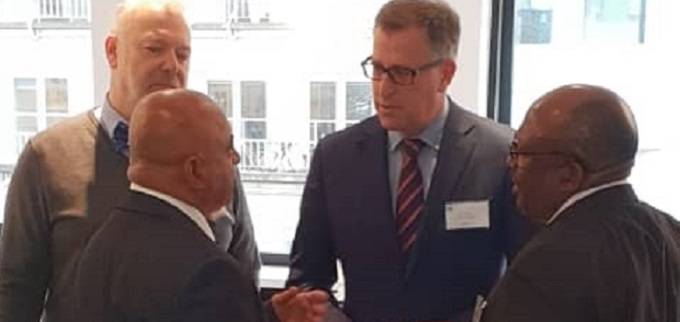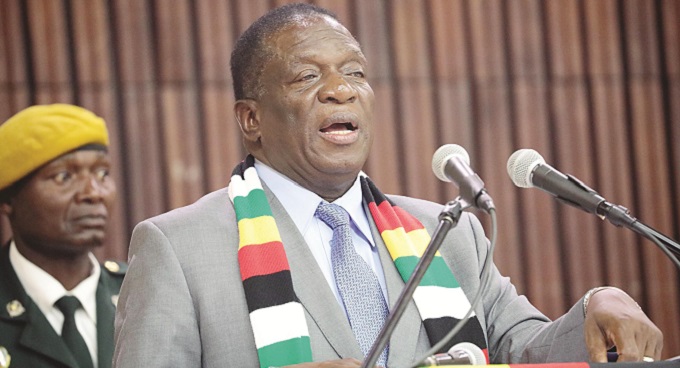Modi woos Belgian, Luxembourg investors

Prosper Ndlovu, Business Editor
INDUSTRY and Commerce Deputy Minister, Raji Modi, has enticed Belgian and Luxembourg companies to exploit manufacturing investment opportunities in Bulawayo and Zimbabwe at large.
The Bulawayo South House of Assembly member was in Belgium on a business visit last week where he took the opportunity to unpack Zimbabwe’s economic reform processes and highlight major areas for investment.
Speaking at the CBL-ACP Luncheon on Investing in Zimbabwe, Deputy Minister Modi said there was a need for a high-level business mission between Harare and Brussels, in particular, to facilitate the strengthening of bilateral relations and cooperation on the investment front.
“I am heartened to hear that the CBL-ACP will be undertaking a Trade and Investment Mission to Zimbabwe in January 2019. Let me assure you of my ministry’s commitment in collaboration with other relevant ministries and the private sector, to ensure that your visit to Zimbabwe is fruitful,” said Deputy Minister Modi.
“Please extend your visit to Bulawayo, the industrial hub of Zimbabwe and explore the opportunities that are available. Companies with specific interests or requests can channel these through the Embassy in order for the necessary information or arrangements to be made for you by the time you visit. I look forward to welcoming you to Zimbabwe.”
CBL-ACP is an acronym for the Chamber of Commerce and Industry linking Belgium-Luxembourg-Africa-Caribbean-Pacific, which was formed in 1964.
Deputy Minister Modi briefed delegates about Zimbabwe’s drive towards upper middle-income status by 2030 through a private sector-driven growth strategy.
To achieve this, he explained that Government, under the mantra — Zimbabwe is open for business, has placed economic diplomacy and the promotion of trade and investment very high on its list of priorities.
Belgium and the European Union have been identified as key partners in helping to realise the Government’s goals, said the Deputy Minister.
He stressed the need for retooling of industry’s antiquated equipment and inflows of foreign direct investment to help generate the much-needed capital to support economic growth.
“This can only be possible under a stable macro-economic framework, and to address this, the Government has put in place a raft of measures to create a conducive environment for investment and trade,” said Modi.
He said President Mnangagwa was committed to creating a stable and comfortable environment for investment.
Deputy Minister Modi said Government has identified and is implementing programmes such as the two-year Transitional Stabilisation Programme and the Ease of Doing Business Programme, the amendment of the Indigenisation and Economic Empowerment Act to limit the mandatory 51:49 investment threshold in favour of indigenous Zimbabweans to the platinum and diamond mining sectors and the establishment of Special Economic Zones.
He also said the fight against corruption has also been identified as key in the achievement of Zimbabwe’s economic recovery.
He also explained major policy statements meant to stabilise the fiscal and monetary environment and buttressing the ongoing reforms so as to improve the business environment.
These include strengthening the multiple-currency regime by introducing separate FCA accounts for Nostro and RTGS funds.
Deputy Minister Modi also outlined fiscal stabilisation reforms including measures being adopted to finance the high budget deficit, which has seen the domestic debt ballooning from US$275,8 million in 2012 to to the present US$9,5 billion against a US$7,4 billion external debt.
Other measures being taken include external debt arrears resolutions, reforms of State-owned enterprises and increasing domestic resource mobilisation by expanding tax collection base.
During the visit Deputy Minister Modi explained that Zimbabwe was endowed with vast investment opportunities in key sectors that include agriculture, mining, tourism, manufacturing and infrastructure development.










Comments